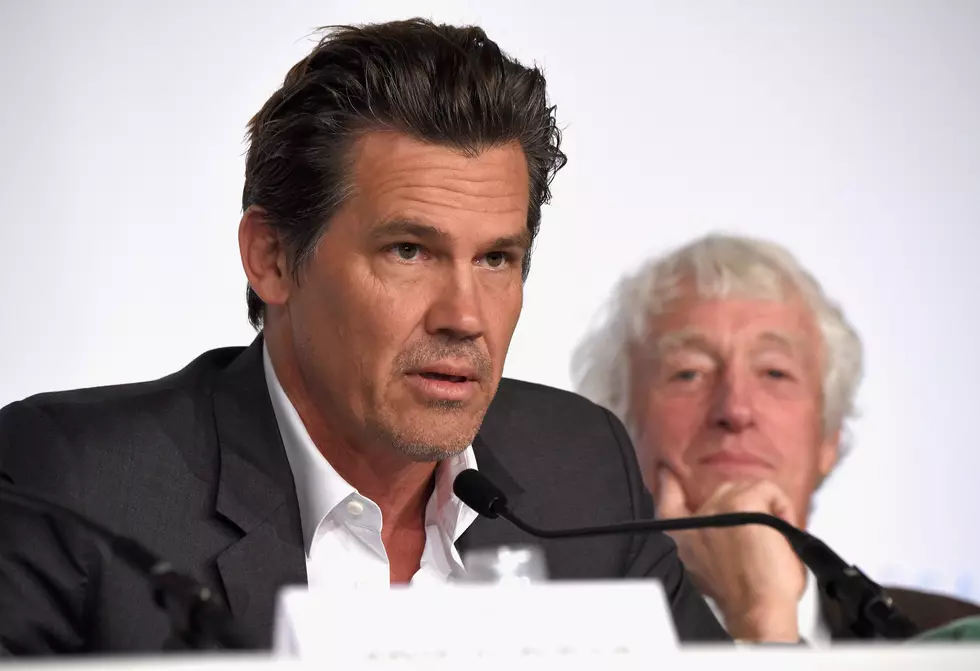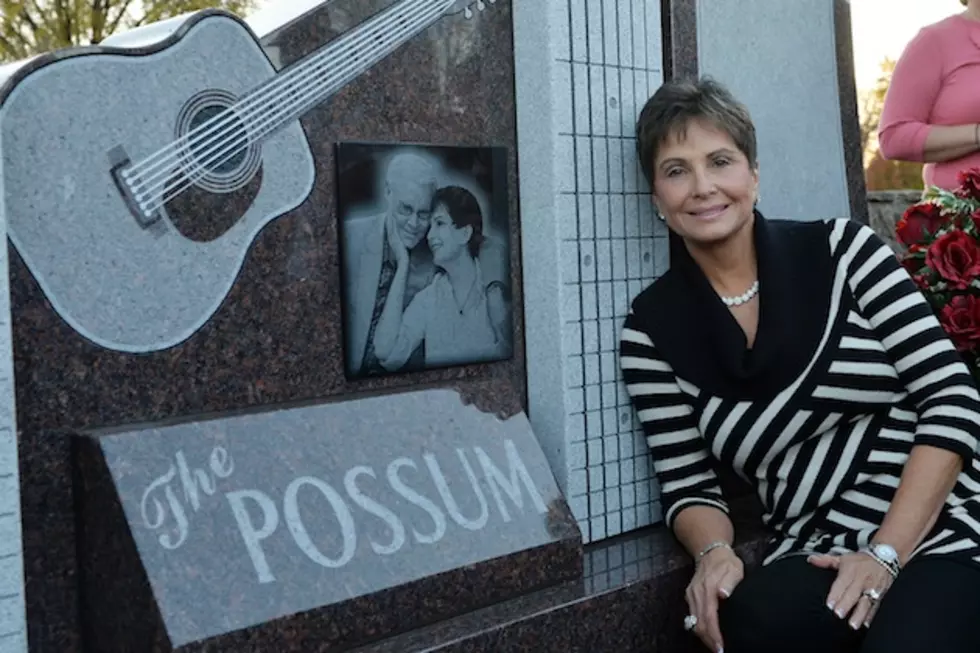
George Jones In Memoriam (1931-2013)
When country music legend George Jones passed away on April 26, 2013 at the age of 81, he left behind a rich musical legacy that has rarely been equaled — matched only by a life story filled with more triumph and heartbreak than the greatest country song ever written.
Jones rose to fame and fortune as one of the greatest singers in country music history, but perhaps fittingly — for a man who sang so intimately of sorrow — he began life in poverty as one of eight children in the East Texas town of Saratoga. One of his sisters, Ethel, died before Jones was born, and his father was an alcoholic who could turn violent.
"We were our daddy's loved ones when he was sober, his prisoners when he was drunk," Jones recalled in his 1997 autobiography, I Lived to Tell It All. Sadly, a weakness for alcohol was one thing Jones would inherit from his father, causing most of the public and private pain that dogged him for the majority of his adult life.
Jones discovered his love of music early, singing hymns with his family and listening to the Grand Ole Opry on the radio. He taught himself to play guitar, and by his teens he was already playing in the bars — and even the streets — of Beaumont, Texas. He got his start on radio by performing on the air with a friend at a station in Jasper, Texas.
As Jones was beginning to establish himself in country music, he was also starting in on one of the other mainstays of his adult life — contentious marriages. He wed Dorothy Bonvillion in 1950, and the couple had a daughter, Susan, before divorcing a year later — a split reportedly fueled by Jones' drinking and explosive temper. His subsequent marital turbulence and public struggles with alcohol became almost as much a part of his legend as the long string of hits he produced.
Jones landed a deal with Starday Records in 1953, and married his second wife, Shirley Ann Corley, in 1954. The union would last 14 years and produce two sons, Jeffrey and Brian. In 1955 Jones hit the charts for the first time with "Why Baby Why," followed by a string of hits that culminated in 1969 with his first No.1 single, "White Lightning," which went on to become one of his career-defining tracks.
Jones spent the next decade establishing himself as one of the top male stars in country music, making a name especially as a singer of heartbreak songs like 1960's "Window Up Above" or "She Thinks I Still Care," which went to No.1 in 1962 and became another of his most recognized songs. Jones showed his more playful side with "The Race Is On" in 1964. He devoted much of the latter half of the '60s to duets projects with Gene Pitney and Melba Montgomery, with whom he scored a huge hit in "We Must Have Been Out of Our Minds."
But it was his association with another country star that would usher in one of the most publicly contentious periods of Jones' life and career, when he met and fell in love with country star Tammy Wynette. He divorced his second wife, Shirley, in 1968 and married Wynette a year later. The marriage was strained from virtually the outset; while they enjoyed a number of hits together and were often written about as country music's reigning couple, they fought often, with Jones' alcohol and cocaine abuse the subject of many of their fights.
The couple's on-again, off-again relationship produced one daughter, Tamala Georgette, in 1970, and they struggled on for several more years. Jones scored a big hit with "The Grand Tour" in 1974, whose subject matter seemed to presage the breakup of his marriage to Wynette in 1975. Ironically, the now-divorced couple had another duet hit in 1976 with "Golden Ring."
After his third marriage ended, Jones began to fully feel the effects of his years of alcohol and drug abuse. He lost weight and became increasingly unpredictable, missing recording sessions and canceling or simply failing to turn up for so many concerts that he earned the nickname "No Show Jones."
The result was an overall career decline throughout the mid and late-'70s, but against all odds, Jones bounced back to the top of the charts in 1980 with "He Stopped Loving Her Today," which became his signature song. According to producer Billy Sherrill, Jones disliked the song and didn't want to record it — and he was in such dire physical shape that the song was recorded in bits and pieces over the period of 18 months. Jones hated the song so much that he reportedly said, "Nobody'll buy that morbid son of a bitch".
His career revitalized, Jones took his first real step toward turning his personal life around when he married Nancy Sepulvada in 1983. She took charge of his personal, financial and career mess and began to straighten it out, insisting on rehab for Jones, who took two tries to give up his longtime alcohol and drug habits. Jones began to perform more regularly and released several more albums over the next decade, reuniting with Wynette for a duets album titled One in 1995.
In 1999 Jones hit the Top 10 again with his album The Cold Hard Truth. He also went back to rehab after being seriously injured in a car accident while driving drunk — an incident he later claimed straightened him out for good.
Jones spent his later years recording a series of highly-respected albums, as well as playing dates all over the country. He lived to see his legacy celebrated, becoming a member of the Country Music Hall of Fame in 1992. In 2002 he was awarded the National Medal of the Arts, and in 2012 Jones capped off one of the greatest careers in country music history by receiving a Grammy Lifetime Achievement Award.
Jones' health was in decline in his last few years, and he had been forced to cancel and re-schedule a number of dates in 2012. He embarked on what was to be his farewell tour in 2013, appropriately dubbed The Grand Tour. He was hospitalized on April 18, 2013 with a fever and irregular blood pressure. He passed away on April 26, 2013 at Vanderbilt University Medical Center in Nashville.
Tributes to Jones from fellow musicians came pouring in after his passing, but none said it better than Alan Jackson. "Heaven better get ready for George Jones," he posted to Twitter. "He will always be the greatest singer of real country music – there’ll never be another."
Country Artists We Lost in 2014
More From WBKR-FM
![George Jones’ Grand Southern Manor Home Is Spectacular — See Inside [Pictures]](http://townsquare.media/site/204/files/2021/12/attachment-george-jones-mansion-house-estate-pictures1.jpg?w=980&q=75)

![See Inside the 15 Biggest Country Stars’ Houses [Pictures]](http://townsquare.media/site/204/files/2019/12/attachment-country-singers-biggest-houses.jpg?w=980&q=75)







